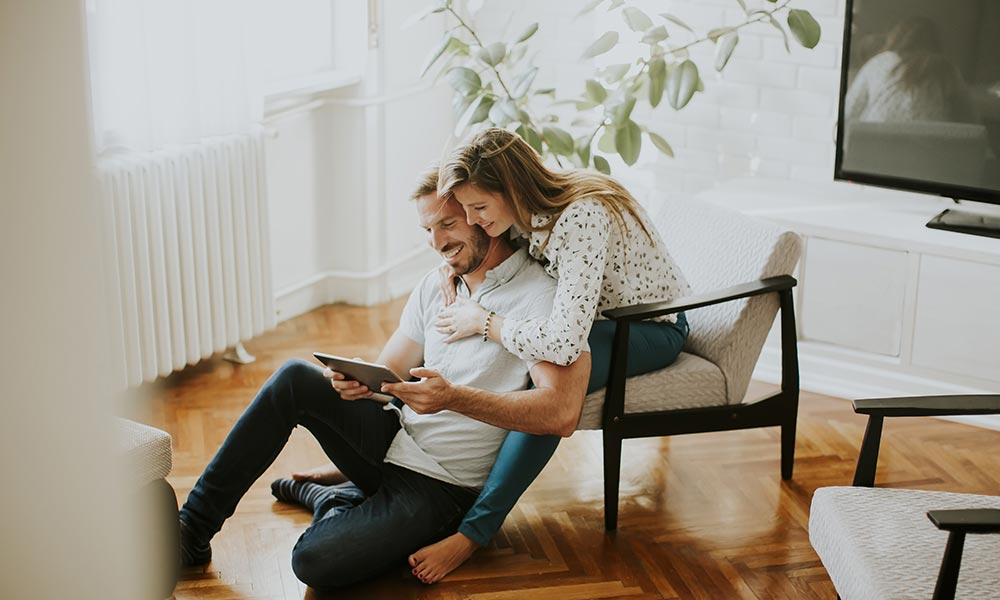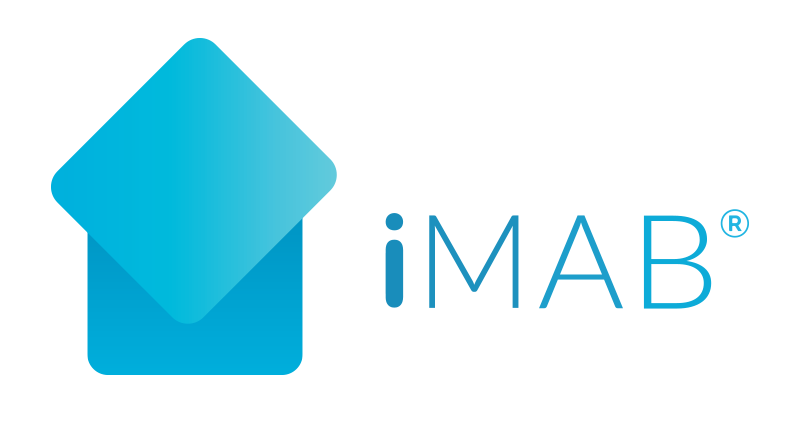Independent Mortgage Advice For First Time Buyers
What is a first time buyer?
Most people would describe a First Time Buyer as someone who has never owned a property before. There are however some lenders who still consider you to be a First Time Buyer even if you own a property abroad, or if you haven’t owned a property for a specified period.
The definition of a First Time Buyer can be important as lenders may offer specific incentives such as free valuations or cashbacks to applicants who are starting on the property ladder and who perhaps need extra help with the costs of buying their first home.
How we can help
Buying your first home can be an exciting but daunting experience. Our friendly advisers are on hand to explain the home buying process and talk you through the most suitable mortgage options.
There is no obligation to use our services. Once you have found a property and are ready to apply for a mortgage, we simply charge £249 to cover the cost of handling your application. Other fees may be applied by third parties in the house buying process.
Frequently Asked Questions
What is a mortgage?
The lender charges interest on the loan as part of your monthly repayments. If you fail to keep up your monthly payments the lender may repossess the property and sell it in order to get their money back.
What is a mortgage term?
A shorter mortgage term will mean higher monthly repayments however, if you spread the mortgage over a longer term, you will end up paying more in total interest.
How do I pay back the mortgage?
There are two main repayment types:
Repayment
- Your monthly payments include an amount towards repaying the loan as well as the interest, and providing these payments are made, your loan will be repaid in full at the end of the term
Interest only
- Your monthly payments are purely the interest on your loan each month. You will need to plan how you intend repaying the loan at the end of the term.
What types of mortgage product are available?
There are many types of mortgage products available including Offset mortgages, Variable rates, Discounted rates and Capped rates, but the two most common types of product are:
Fixed rate
- The most popular type of product. The rate of interest you are charged each month will stay the same during the initial fixed rate period, helping you to budget for the monthly payments. Most lenders offer fixed rates over the first 2, 3 or 5 years of your mortgage, however some longer-term fixed rates are also available.
Tracker rate
- The rate of interest you are charged each month will be a set amount above the Bank of England base rate and will rise or fall in line with any changes. Most lenders offer tracker rates over the first 2 or 3 years of your mortgage, however some lenders offer “Lifetime” trackers which apply to the whole mortgage term rather than just an initial period.
What is a deposit and how much do I need?
In general terms, the bigger your deposit, the lower the interest rates you’ll be offered. Most lenders would expect you to put down a deposit of at least 10% but there are lenders who will accept as little as 5% of the purchase price.
How much can I afford to borrow?
What is an Agreement in Principle?
The amount quoted is still subject to a full application and is therefore not guaranteed, but an Agreement in Principle does confirm that you have passed the lender’s initial credit score and affordability checks and so are very likely to be offered a mortgage.
Most estate agents will expect you to have an Agreement in Principle in place before they will allow you to make an offer on a new property.
What is Stamp Duty?
You are classed as a First Time Buyer for Stamp Duty purposes if you’re buying a new home and you’ve never owned property or land before.
If you’re buying with a partner, both of you need to be classed as first-time buyers to qualify.
How do I make an offer on a property?
You will need to take into account several factors before deciding how much you want to offer for the new property:
- How does the price compare to others that are for sale in the area?
- If the property seems cheaper than others for sale, does the lower price reflect the cost of home improvements it is likely to need? If so, are you prepared to take on this work and do you know how much it might cost?
- If the property is more expensive than others for sale, is that just because it is in better condition, or is it because it is bigger or on the better side of the street? Does it have something the others don’t such as a sunny south facing garden or off-street parking?
- Have you taken a friend or family member along with you to view the property and to give their opinion? They may spot something you’ve missed, and they are likely to be more objective about how much it is worth?
Once you’ve got a figure in mind then it’s time to give the estate agent a call or send an email to make your offer. In most property transactions your first offer is likely to be rejected and the agent will look to negotiate on the price. For that reason, most buyers do not open negotiations with their best and final offer and the agent will understand that you are starting slightly lower than you would be prepared to pay. However, this approach may not be sensible if the property is particularly popular, and several other buyers are interested and making offers.
Do I need a solicitor?
What are the different types of survey?
As part of the mortgage application process, your lender will need a surveyor to inspect and value the home you’re buying. There are 3 main types of survey:
Mortgage valuation
A basic report that gives the lender limited information about the value and condition of the property. The surveyor will only highlight any obvious or significant defects or issues that they feel require further investigation by a specialist (such as evidence of damp or structural movement). Some lenders will provide a copy of the Mortgage valuation report, but many do not.
Homebuyers Report
Unlike a Mortgage Valuation, the Homebuyers Report gives you more detail about any issues that could affect the property’s value or condition. You will receive a full report from the surveyor including all their findings and highlighting any defects that may need attention in future.
Building survey
A Building Survey is usually only required where the property needs significant refurbishment or renovation works, but some buyers may prefer to have the peace of mind of this more comprehensive report. The surveyor will discuss any particular aspects of concern about the property before their inspection and you will receive a detailed report including an estimate of the likely cost and scope of all works required.
What is Exchange of Contracts?
When can I get the keys?
Are there any Government schemes for First Time Buyers?
There are currently several government back schemes to support First Time Buyers and Council tenants looking to buy their own property. These include:
- Help To Buy
- Right To Buy
- Shared Ownership
Your adviser would be happy to explain whether any of the government back schemes would apply to you or be something you could consider. Further information on these schemes can be found at:
Next Steps

Get expert advice
iMAB have expert advisers who will review your personal and financial information to confirm how much you are able to borrow. They will answer all your questions and will talk you through the different types of mortgage available and help you understand which one is most suitable for your needs.

Find a property
Finding your dream property can be difficult but agreeing how much you are willing to pay for it can be even harder! Our advisers cannot negotiate with the estate agent on your behalf, however they can give you some general advice and tips on making an offer. Your adviser can also provide the estate agent with an Agreement In Principle if they require proof that you are able to get a mortgage. More information is available in our FAQs

Make an application
Once the estate agent confirms your offer has been accepted, it is time to apply for your new mortgage. Your adviser will compare all the mortgage products available to you and will recommend the one which is most suitable for your circumstances. They will provide you with a written illustration confirming all the key facts about the recommended product and will carefully talk this through with you. If you then confirm you would like us to apply for the mortgage on your behalf, your adviser will ask you to pay our £249 administration fee.
Get in touch
Our team of friendly advisers are on hand to answer any questions you may have.
Email Us
Would you like to give us a little more detail about your enquiry? Or would you prefer to arrange a face to face appointment? Send us an email and one of our advisers will be in touch.
Book an Appointment
You can book a video or telephone appointment via our online diary system. Or, if you would like to speak to a specific adviser, you can contact them through the Our People page. Face to Face appointments are also available. Please contact us for details.
Call Us
Do you have a quick question or would you like to arrange a face to face appointment? Give us a call and we’ll be happy to help.

